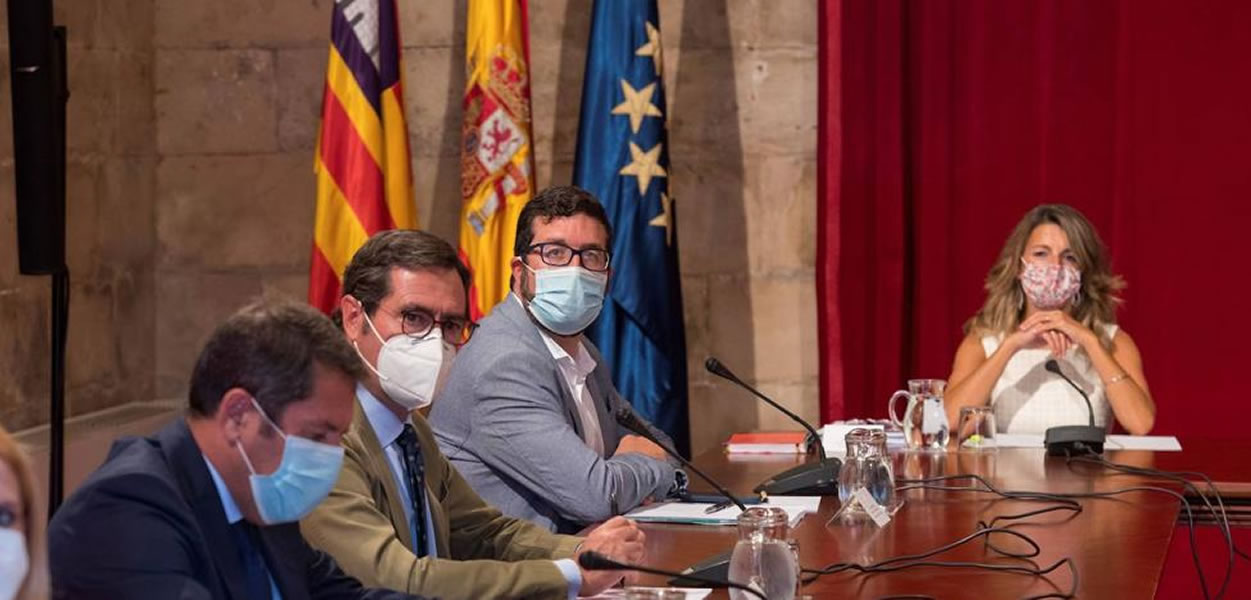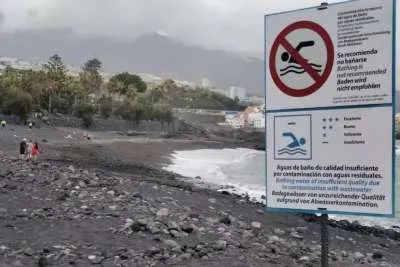ERTE extension is agreed until September 30th with some changes
- 27-05-2021
- Business
- Canarian Weekly
An agreement has finally been made between the Government, the social agents, and the unions to extend the ERTE for a fourth time until September 30th. A new offer from the Minister of Inclusion and Social Security, José Luis Escrivá, due to the reluctance of the CEOE over the new social security exemptions, which he altered the percentages for, was accepted by all parties late yesterday afternoon.
The royal decree-law with the conditions of the ERTE for the next four months for almost 600,000 workers and thousands of companies, will be approved today by the Council of Ministers, just a couple of days before the expiration of the current agreement, as will the extension of benefits for the self-employed, which were also agreed yesterday.
The negotiation of the extension of the ERTE has been anything but straightforward, despite the fact that the part managed by the Ministry of Labour has been agreed for days, it has been the changes to prioritize the reincorporation of workers in ERTE, over the aid for those who will continue with total or partially suspended employment, which has made it difficult until the last minute to reach an agreement.
WHAT HAS BEEN AGREED?
In order to ensure the support of employers, the bonuses for the activities most hit by the crisis hardly vary in the case of workers who continue in ERTE. So far, companies in ultra-protected sectors, e.g. tourism, enjoy a reduction of 85% or 75% in social security contributions, depending on their size. With the new extension, they will continue with the same bonus except in September, when it will be 70% and 60% respectively.
Escrivá originally proposed to lower them and that the reduction be applied gradually, from 70% to 40% for companies with fewer than 50 employees. Regarding the workers reincorporated to the activity, the smallest companies go from benefiting from the current bonus in the fees of 85% to one of 95% (ten points less for companies with more than 50 workers). In other words, small businesses that reinstate a worker from ERTE will barely pay 5% of their contribution.
In the case of impediment ERTE (closure as a result of an administrative decision, e.g. nightclubs), it is 100% for the smallest companies. It then ranges between 85% and 75%, when the suspension of employment has to do with limitations of the activity linked to capacity restrictions or opening hours, e.g. hospitality.
"We have managed to renew the ERTE scheme by consensus until September, reaching a good balance between protection and incentives for the reactivation of workers," Escrivá said last night. The Minister of Labour, Yolanda Díaz described the pact as "a good result which guarantees protection to the workers and companies that need it the most."
After an urgent call, the CEOE executive committee showed its support for the Government's proposal, “understanding that it is adapted to the needs of companies, especially for those with the worst situation and prospects for the coming months.”
The general secretary of the UGT, Josep Maria Álvarez, welcomed the agreement yesterday, emphasizing that, with this new extension, the coverage of permanent discontinuous workers is maintained, those who are currently in ERTE and unemployed. In the same sense, the leader of CC.OO., Unai Sordo, said, “all the rights acquired by the workers have been preserved, by incorporating the discontinuous fixed ones and keeping the benefit for those who do not, they had a sufficient contribution period and the amount of 70% of the regulatory base.”
The commitment to maintain employment, the limitations on dismissals, the counter to zero for the rights to unemployment benefits or the restrictions on the distribution of dividends, transparency, also remain in force for the companies that benefit from ERTE, although there will be a reduction in the business codes and sectors that benefit from it, which will be confirmed in the decree later today.
Other articles that may interest you...
Trending
Most Read Articles
Featured Videos
TributoFest: Michael Buble promo 14.02.2026
- 30-01-2026
TEAs 2025 Highlights
- 17-11-2025































































